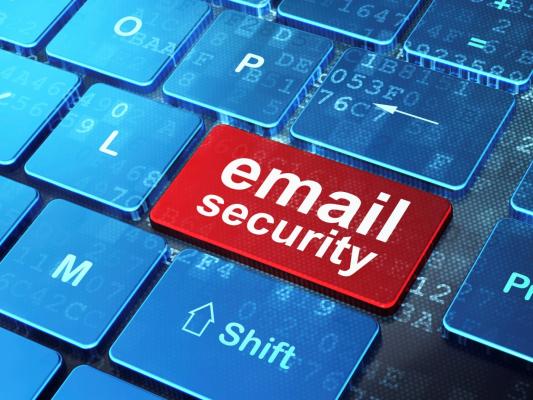
5 Email Security Tips You Should Know!
We all know that Internet Security is important and threats are all pervasive, yet most of us believe that ‘it won’t happen to me!’ Whether it’s a new virus or a hacking attempt, we are always a click away from a security attack.
By far, Email has been most vulnerable to such threats and is the main route to data leakage. Fortunately, there are simple ways to safeguard this vital asset and other resources connected with it:
Use separate email accounts: People are accustomed to using one email account for multiple purposes — website registration, social media notifications, newsletters and for personal use. This makes it easy for hackers to steal personal information and critical data from one email account. A simple way to tackle this is to use separate email accounts for different purposes and always make sure you have different accounts for both personal and professional use.
Create unique and strong passwords: While having separate email accounts is a good practice, keeping the same password for them is not. The reason is obvious—if someone does hack your personal email and sees all notifications coming to this account, he will definitely try hacking your other accounts. Another good practice is to have complex passwords and to change them regularly.
Never click web links in emails: Never click on links in an unknown email. It might infect your computer and result in easy hacking. It is also advisable not to click on links that your bank sends and manually copy-paste the link on your browser. These are simple ways of protection from phishing.
Scan for viruses: Suspicious of a particular email? Go ahead and run a virus and malware scan. It may seem like an overkill to run a malware scan every time you open a suspicious email, but it’s better to be safe than sorry.
Avoid Public Wi-Fi: Avoid browsing through your emails on public Wi-Fi as hackers are always on a look out for individuals who use public networks to access their emails. There are programs called ‘network sniffers’ that run on hacker’s devices and scans for data flowing through a particular network. This data can be analyzed for important information, including username and passwords.

Leave a Comment
Thank You
Your comment will be published after approval.